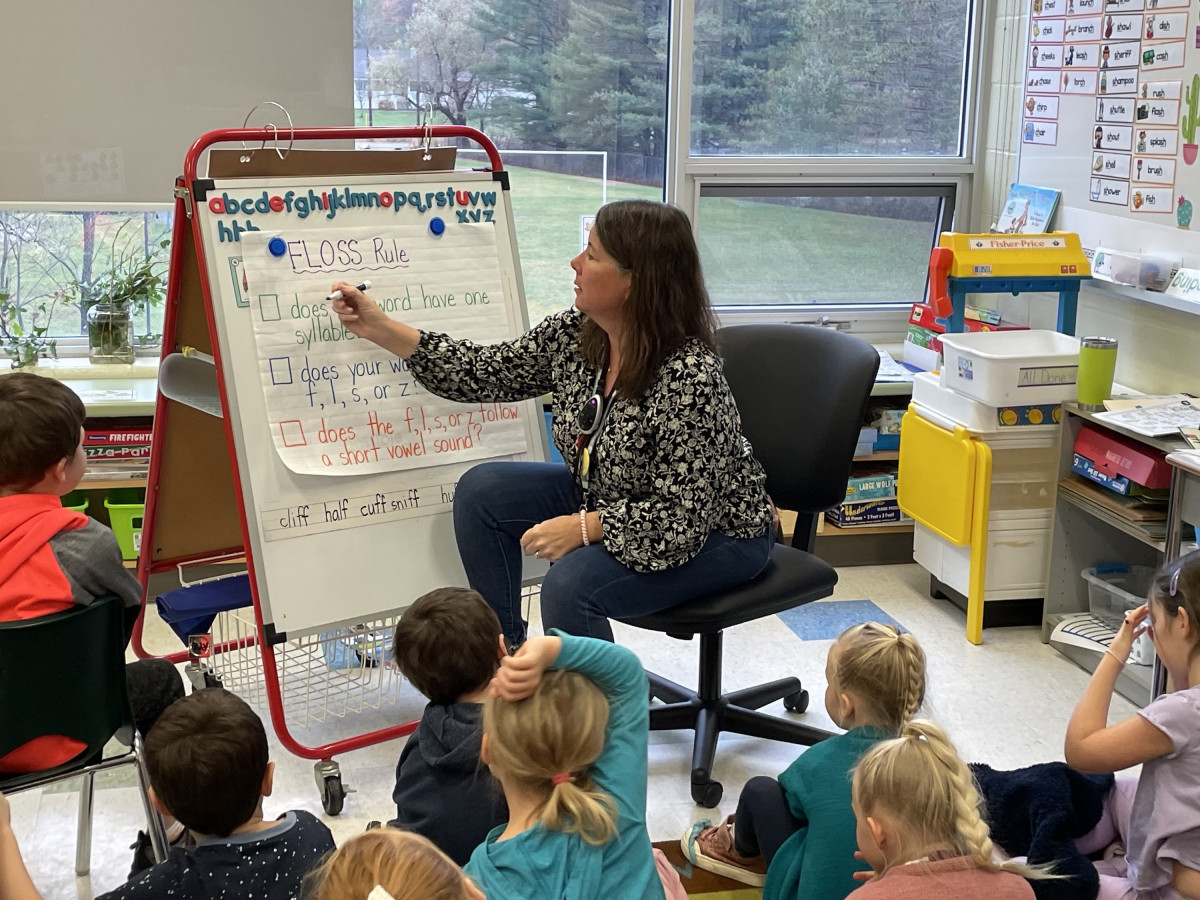
Trillium Lakelands District School Board (TLDSB)
Introduction: From Wake-up Call to Decisive Action
Like many Ontario school boards recovering from the impacts of COVID-19, Trillium Lakelands was still grappling with the learning loss and skill gaps brought on by the pandemic. That’s why when leaders at Trillium Lakelands District School Board (TLDSB) saw their own literacy challenges reflected in the Ontario Human Rights Commission’s Right to Read report, they didn’t hesitate.
The report tapped into the Board’s deepest concern about the inconsistency in student reading outcomes. It knew its educators needed to identify reading challenges earlier and respond with a unified, evidence-based approach. That’s exactly what the Right to Read report called for—and Trillium Lakelands was determined to make it happen. That’s why it launched a direct, system-wide response that was grounded in data, equity, and the science of reading
“The Right to Read report was a wake-up call. We realized we had to move from patchwork approaches to a system-wide, data-driven and evidence-based solution.”
—Superintendent of Elementary Curriculum Services
Solution: Building a Shared Approach to Early Literacy
Trillium Lakelands began its literacy transformation by confronting a hard truth: without a consistent, validated tool for early literacy screening, many students—particularly those with learning differences, language barriers, or socio-economic challenges—were at risk and going unsupported.
The Board’s first step was selecting a research-based screening tool. It chose Acadience Reading after piloting the screener with curriculum leaders, teachers, and administrators as early adopters. The Board then launched a phased implementation strategy:
- Consultants and coaches grew their skills with the tool and evidence-based strategies.
- These leaders then facilitated school-level professional learning for all Kindergarten to Grade 3 educators.
- Educators piloted the screener with more than 3,500 students, gaining immediate, actionable data to guide their instruction.
- The Board then provided a Kindergarten through Grade 3 professional learning series that helped align teaching practices with the literacy skills measured in the screener, ensuring classroom instruction matched student needs.
As board-wide implementation began, Trillium Lakelands launched several key supports:
- School-level professional learning communities (PLCs) allowed educators and administrators to analyze data, discuss strategies, and track student progress.
- Cross-department collaboration with speech-language and specialized services helped align supports for all learners.
- A dedicated curriculum support plan helped educators respond to screener results and deliver targeted instruction.
- An Instructional Leadership Network ensured administrators were equipped to support effective reading instruction, with backing from consultants, coaches, and superintendents conducting purposeful classroom visits.
Through each phase, the Board stayed focused on a single goal: to move beyond fragmented efforts and build a unified, data-informed, and equity-focused early literacy system.
Results: A Stronger System and a Shared Language
Trillium Lakelands has recorded a significant shift in how educators collaborate, talk about literacy, and act on data to support students.
By the end of the first full year of implementation, the Board had twice screened 97% of its Kindergarten to Grade 3 students. The data revealed urgent needs with 24% of Kindergarten students, 52% of Grade 1 students and 53% of Grade 2 students flagged as at-risk readers.
The numbers were bracing, but the Board didn’t look away. It delivered targeted literacy interventions to more than 2,000 students, many of whom might otherwise have gone unnoticed.
Educators are also reporting the powerful shift in confidence and capacity that the Board’s strategy has given them. Internal data finds that 90% of Trillium Lakelands’ educators felt confident in collecting screening data, and 75% felt confident analyzing the data and using it to plan their instruction.
“Having a common screener and progress monitoring tools has completely changed how we talk about literacy. Now we’re making decisions that are precise and directly impact students.”
—Teaching and Learning Coach
Administrators echoed this impact and noted how families are feeling it, too.
“Parents were relieved when we started screening,” said one elementary principal. “They finally felt that someone was recognizing their child’s challenges before it was too late.”
Perhaps most importantly, Trillium Lakelands now speaks a shared language. Whether in classrooms, coaching meetings, or conversations with families, the Board’s commitment to structured, evidence-based practice is showing up where it matters most: in student learning.
Early results are already demonstrating the Board’s progress in getting every student to the foundation they deserve—literacy. Trillium Lakelands’ full achievement data will be available in fall 2025.